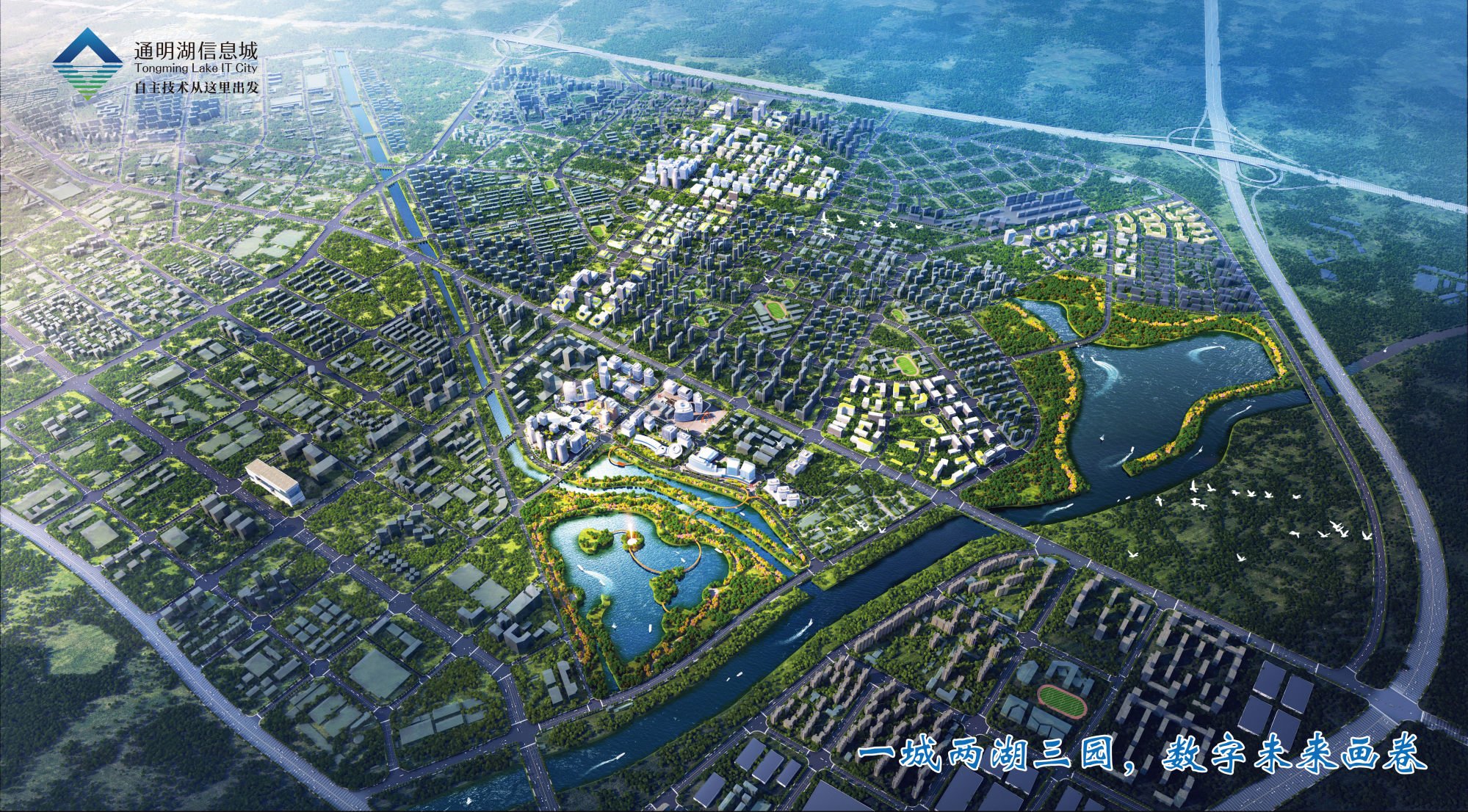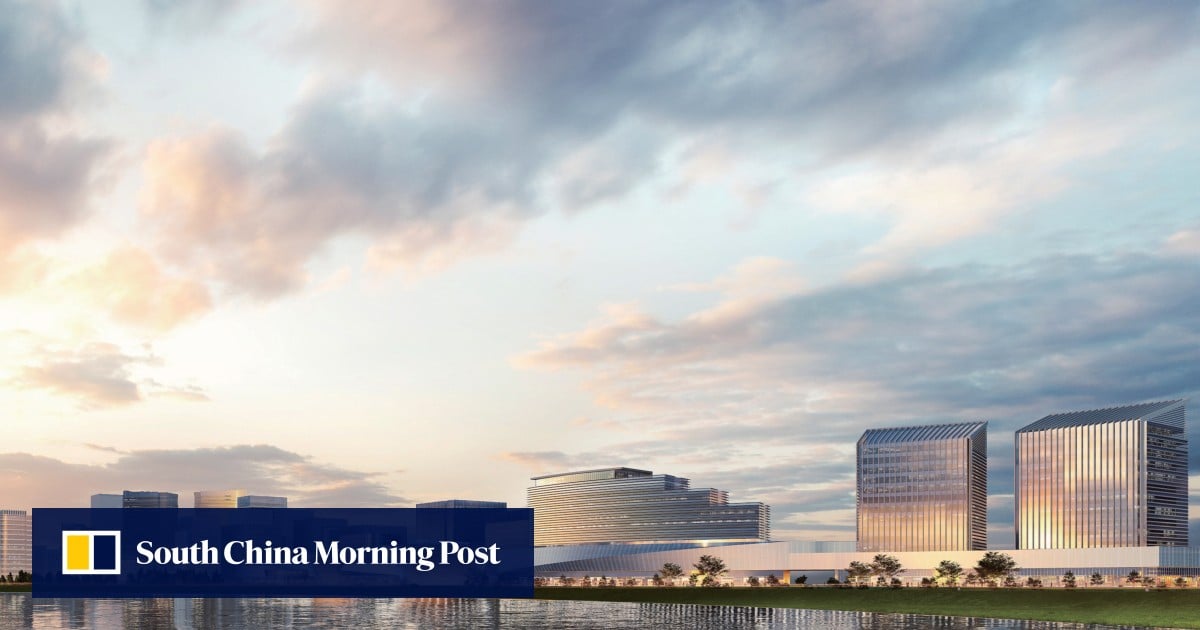
During a media tour organised by the Beijing government last week, Tian Ye, a manager at UnioTech, told visitors that the company’s products are “breaking the monopoly of [Microsoft’s] Windows”.
UnioTech, a company formed from a Chinese community of Linux enthusiasts, is leading domestic efforts to replace foreign operating systems on personal computers (PC) and servers. Its Linux-based PC operating systems have become increasingly popular among government clients for offering alternatives to Windows.
China’s drive to phase out foreign systems in military and state organs has been going on for years, and it has gained momentum with the state-led campaign Xinchuang, which aims to develop local alternatives to replace foreign chips, systems, databases and software. It also aims to build the domestic tech sector into an industry with an annual output of 100 billion yuan (US$13.9 billion) next year.
Despite those efforts, analysts say China faces key hurdles in the semiconductor sector.
China runs about 10 to 15 years behind the West in lithography technology – a key step in chip manufacturing – although the gap in processing techniques is smaller, said Dan Hutcheson, vice-chairman of Canadian semiconductor industry research firm TechInsights, in a webinar last week.
Russel Wu, general manager at networking gear start-up TML and previously with Intel, said China lags foreign competitors in product quality and chip-making precision, but the country will strive to be self-sufficient if it needs to be.
“We choose to collaborate whenever collaboration is possible, [but] if we can’t, we go our own way,” Wu said. “It may be slower but we won’t die.”
He added that the Xinchuang campaign offers a chance to create China’s own ecosystem so that local start-ups can rely on each other and grow together.
China pushes forward with home-grown operating systems to rival Windows
China pushes forward with home-grown operating systems to rival Windows
UnioTech’s operating systems have been configured to work with most processors made by major Chinese central processing unit (CPU) makers and brands, including Huawei, Hygon Information Technology, Phytium Technology, Loongson, Zhaoxin Semiconductor and Sunway.
Most of those companies have been blacklisted by the US commerce department, meaning their access to global foundry services has been blocked. As a result, they depend on Chinese chip manufacturers to produce their CPUs.
UnioTech said as of last year, its systems were installed in over 6 million home-grown Chinese computers, with a 40,000-strong customer base comprising entities such as government departments, financial institutions and state-owned firms.
The Chinese central government in March vowed to raise spending on technological and scientific development by 10 per cent this year to about 370.8 billion yuan. The additional financial support comes despite the country’s sluggish economy, which has been dragged down by debt and an ailing property market.
Some foreign businesses operating in China are already feeling the heat from local efforts to switch to domestic alternatives.
State-backed firm apologises for ‘home developed’ software based on Microsoft code
State-backed firm apologises for ‘home developed’ software based on Microsoft code
VMware, a cloud computing company that was recently acquired by Californian chip giant Broadcom, trimmed the size of its sales team in China last year, partly due to state-run companies shying away from its database services, according to people familiar with the situation, who declined to be named discussing private business matters.
The people said VMware has faced increased competition from Huawei and other Chinese companies that offer similar solutions.
VMware did not immediately respond to a request for comment.
“It’s nothing new and China’s impulse to replace foreign technologies has been on and off for two decades,” said Cameron Johnson, a supply chain expert based in Shanghai.
“American companies in China are aware of China’s motive to prioritise its own IT suppliers and think this contradicts with China trying to convince the rest of the world that it is open for business.”

